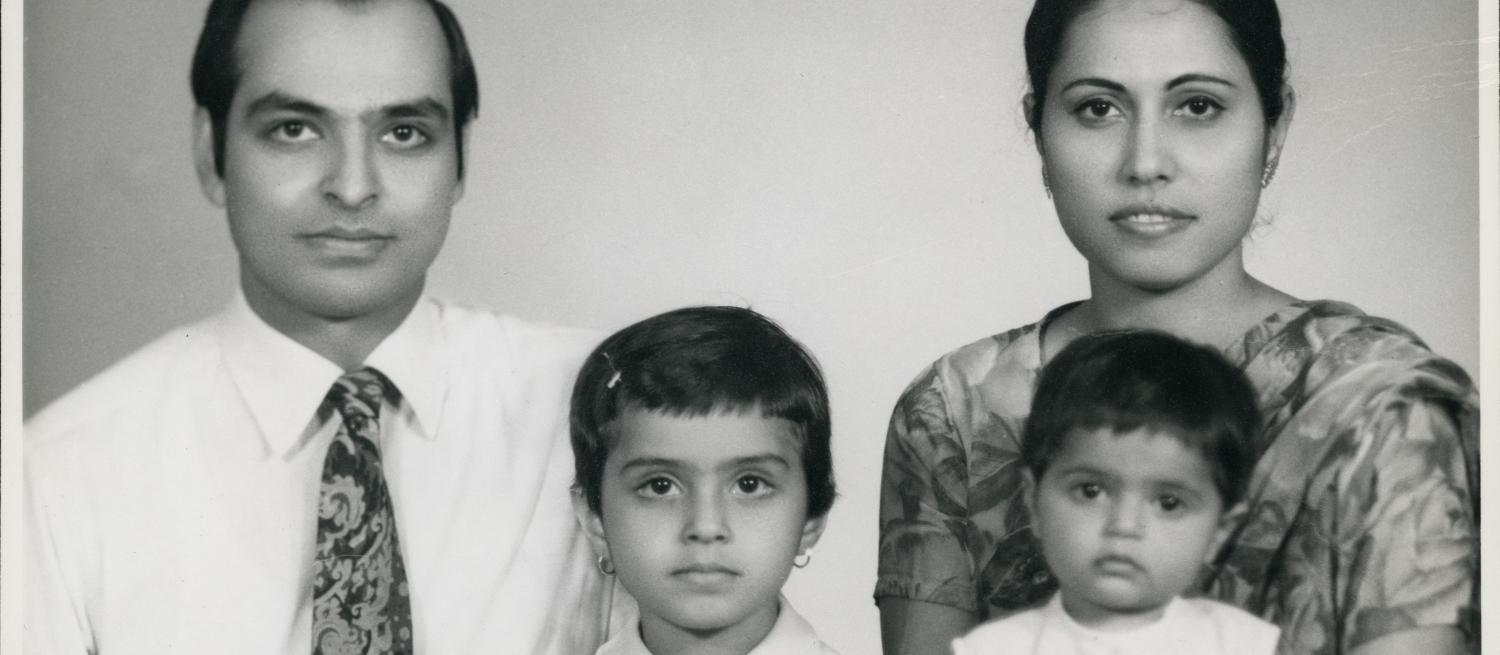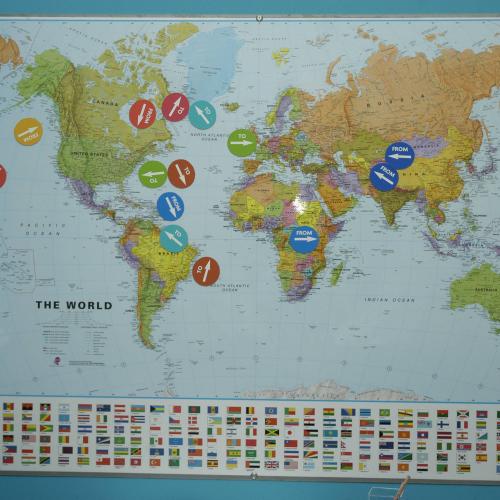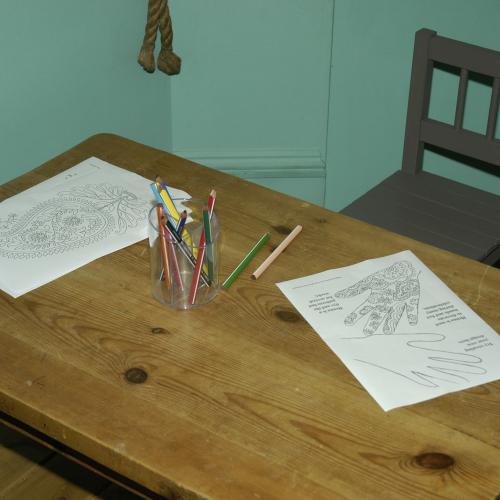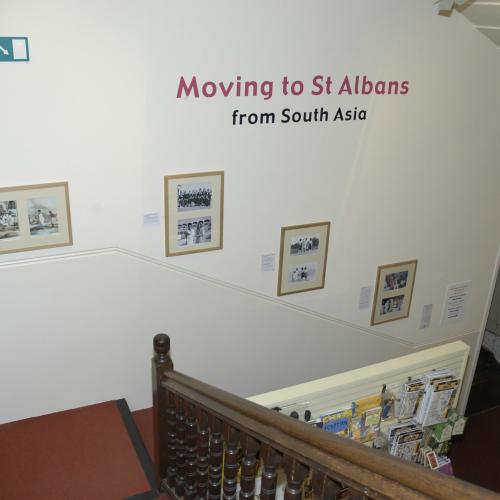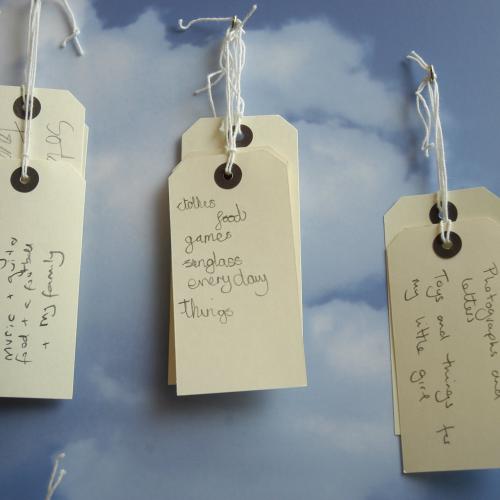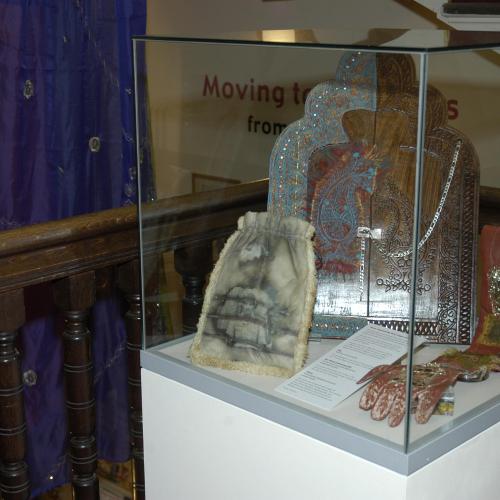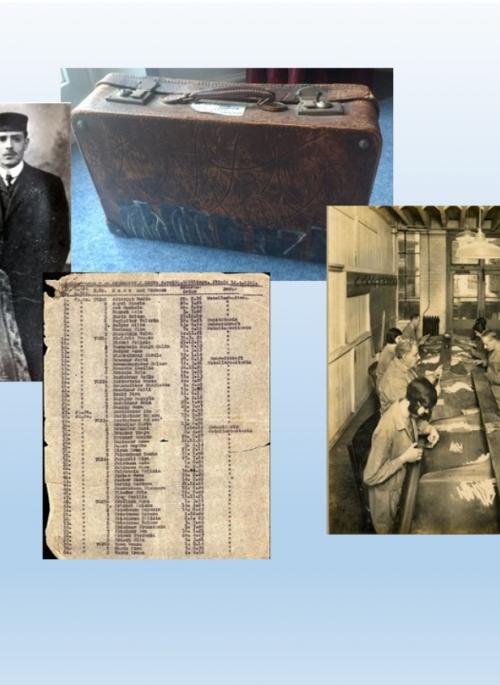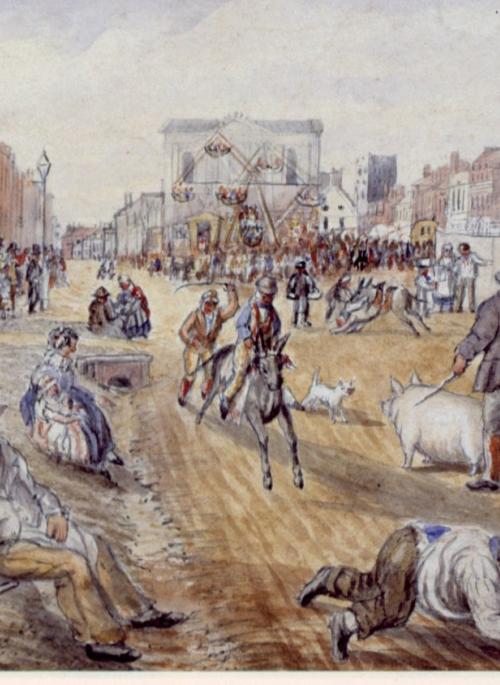About this project
Trade and migration have shaped the character of this area since Roman times and contributed to the rich and diverse history of the city of St Albans.
During the 1970s and 1980s many people moved from South Asia to St Albans. Some came to work for local factories, which actively recruited in South Asia. Others came for family reasons or as refugees.
The Museum of St Albans has been collecting these stories. Here are some of them.
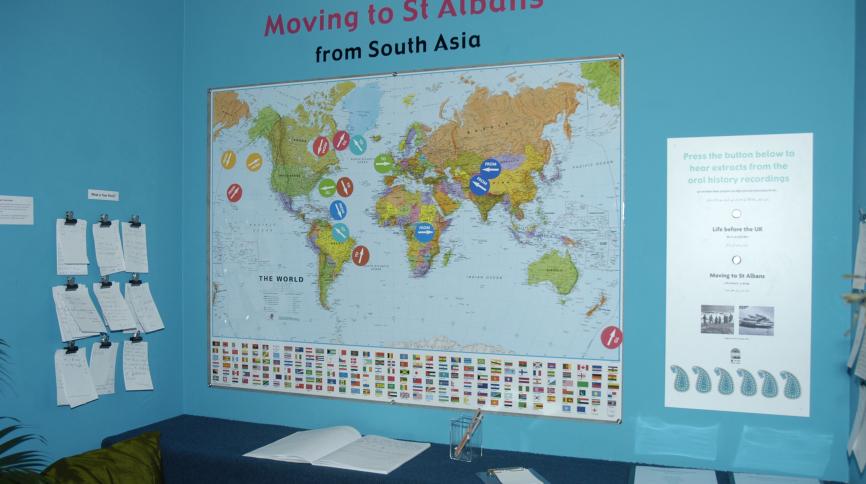
South Asia
South Asia is a huge region. The climate is one of extremes, with long hot summers and rainy seasons. It also has a rich history, both ancient and modern, of trade and migration.
There is a long historical connection with the UK. This began with trade in the sixteenth century. The British East India Company became a powerful commercial and military force. It gradually took control of large parts of the continent.
After several rebellions against foreign rule the region was placed under direct British control in 1858. In 1947 Britain surrendered power. India gained independence and the country of Pakistan was formed.
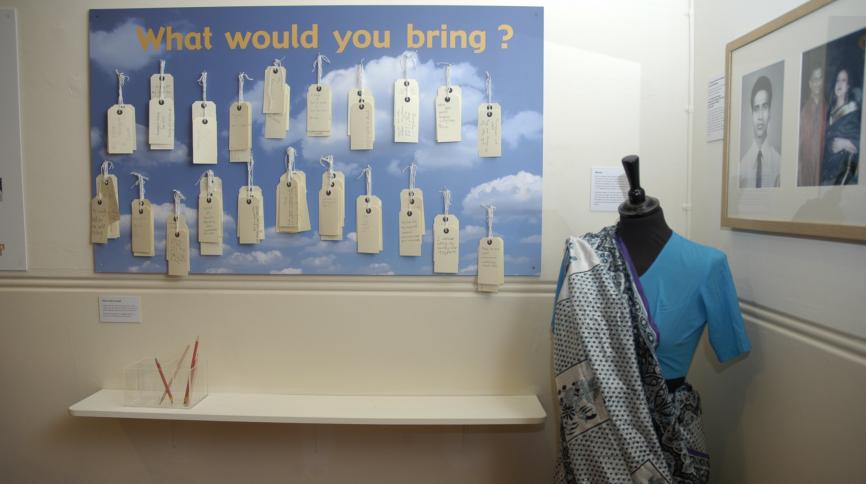
Moving to St Albans
There was an economic boom after the Second World War. Many employers could not recruit enough workers. Some local factories, such as Chic-o-Roll and the St Albans Rubber Factory, began to recruit people in South Asia.
Travel was also becoming quicker, easier and cheaper. From the 1970s most people travelled by air. Previously travel by sea could take up to 10 weeks.
Some people came to the UK during the war between India and Pakistan in 1971, after which the country of Bangladesh was formed. Others were forced out of former British colonies in Africa by harsh regimes.
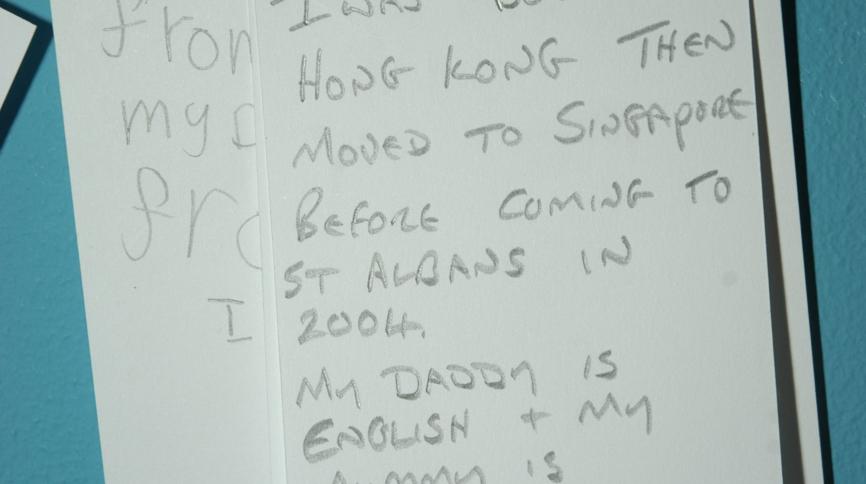
Life in St Albans
In the early 1970s there were very few local facilities for people from South Asia to worship or to buy traditional clothes and foods. Many women bought fabric from the market and made their own clothes. There was one Asian food shop on Hatfield Road, which is still there today. Mrs Marjan Khan remembers it during the 1970s, “It has been there forever”. Communities soon formed and are thriving today.
